A Glimpse into Ancient Hygiene Practices From magnificent pyramids to stunning murals, Ancient Egypt is renowned for its rich culture and astounding architectural wonders. However, little is known about the hygiene practices of this ancient civilization. One such fascinating aspect was the use of soap, an indispensable product in modern-day lives that served various purposes in Ancient Egypt. Soap making in Ancient Egypt dates back to around 2,800 BCE, making it one of the earliest civilizations to have discovered the benefits of soap. Although the exact origins of soap production in Egypt remain uncertain, its usage was widespread and deeply ingrained in their social and spiritual practices.
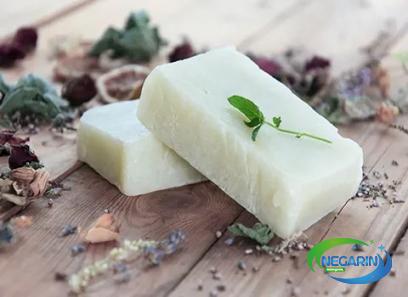
.
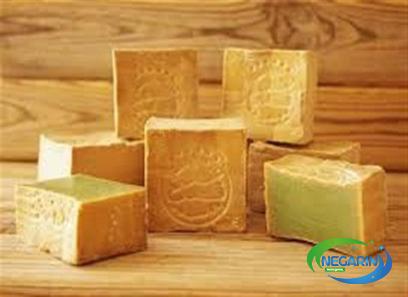 The primary ingredients used for manufacturing soap in Ancient Egypt were animal fats and alkaline salts obtained from the ashes of burned plants. The process involved dissolving the fats in water, adding the alkaline solution, and then boiling the mixture until a thick consistency was achieved. Fragrant oils and natural substances, such as herbs and flowers, were sometimes added to enhance the soap’s aroma and medicinal properties. Soap had a multifaceted role in the lives of Ancient Egyptians. Apart from its hygiene benefits, it was an essential component of religious and spiritual ceremonies. Soap was used by priests to cleanse themselves before performing rituals, as purification was vital in their belief system.
The primary ingredients used for manufacturing soap in Ancient Egypt were animal fats and alkaline salts obtained from the ashes of burned plants. The process involved dissolving the fats in water, adding the alkaline solution, and then boiling the mixture until a thick consistency was achieved. Fragrant oils and natural substances, such as herbs and flowers, were sometimes added to enhance the soap’s aroma and medicinal properties. Soap had a multifaceted role in the lives of Ancient Egyptians. Apart from its hygiene benefits, it was an essential component of religious and spiritual ceremonies. Soap was used by priests to cleanse themselves before performing rituals, as purification was vital in their belief system.
..
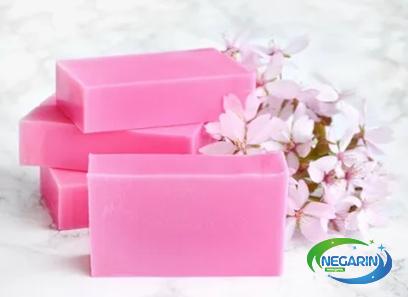 Additionally, the pleasant scents of soap were deemed sacred and believed to connect mortals with the divine. In Ancient Egypt, soap was not only used for personal cleanliness but also for laundry purposes. Fabrics were soaked in soapy water to remove dirt and stains, resulting in cleaner garments. This was a notable advancement in laundry practices, considering that many other civilizations of that time relied solely on water and abrasive substances to clean clothes. Ancient Egyptian soap was not confined to the elite or religious figures. It was accessible to a vast majority of the population, highlighting the society’s awareness of personal hygiene. Bartering and trade allowed for the distribution of soap across different social classes.
Additionally, the pleasant scents of soap were deemed sacred and believed to connect mortals with the divine. In Ancient Egypt, soap was not only used for personal cleanliness but also for laundry purposes. Fabrics were soaked in soapy water to remove dirt and stains, resulting in cleaner garments. This was a notable advancement in laundry practices, considering that many other civilizations of that time relied solely on water and abrasive substances to clean clothes. Ancient Egyptian soap was not confined to the elite or religious figures. It was accessible to a vast majority of the population, highlighting the society’s awareness of personal hygiene. Bartering and trade allowed for the distribution of soap across different social classes.
…
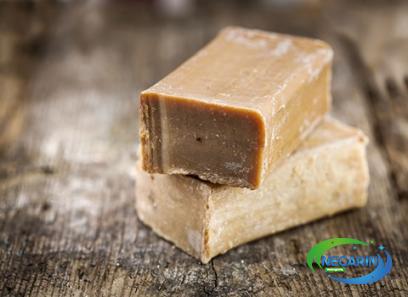 Its production and availability indicate that cleanliness and personal well-being were highly valued by the Ancient Egyptians. The significance of soap in Ancient Egypt extended beyond the borders of the Nile. The civilization’s trade networks enabled the exportation of soap and the exchange of knowledge with neighboring regions. This dissemination of soap-making techniques led to the adoption of this practice in other ancient societies, shaping the history of personal care products worldwide. While the soap made in Ancient Egypt might not resemble the neatly packaged bars we use today, it laid the foundation for the much-advanced soap industry we have today. The utilization of natural ingredients, attention to fragrance, and its diverse applications showcase the ancient civilization’s ingenuity and resourcefulness. In conclusion, soap in Ancient Egypt played a crucial role in their daily lives, ranging from personal hygiene to spiritual practices. The manufacturing process and distribution of soap reflect the civilization’s advanced knowledge and cultural significance. Exploring these ancient practices gives us insights into the ingenuity of our ancestors and their understanding of the importance of cleanliness and well-being.
Its production and availability indicate that cleanliness and personal well-being were highly valued by the Ancient Egyptians. The significance of soap in Ancient Egypt extended beyond the borders of the Nile. The civilization’s trade networks enabled the exportation of soap and the exchange of knowledge with neighboring regions. This dissemination of soap-making techniques led to the adoption of this practice in other ancient societies, shaping the history of personal care products worldwide. While the soap made in Ancient Egypt might not resemble the neatly packaged bars we use today, it laid the foundation for the much-advanced soap industry we have today. The utilization of natural ingredients, attention to fragrance, and its diverse applications showcase the ancient civilization’s ingenuity and resourcefulness. In conclusion, soap in Ancient Egypt played a crucial role in their daily lives, ranging from personal hygiene to spiritual practices. The manufacturing process and distribution of soap reflect the civilization’s advanced knowledge and cultural significance. Exploring these ancient practices gives us insights into the ingenuity of our ancestors and their understanding of the importance of cleanliness and well-being.
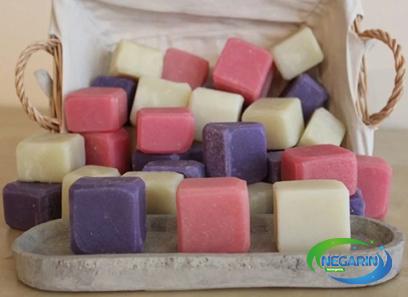
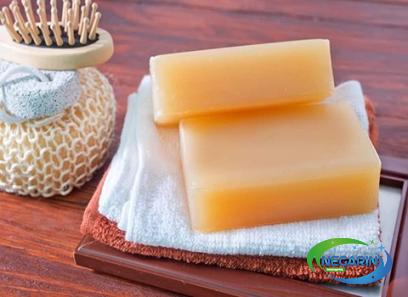
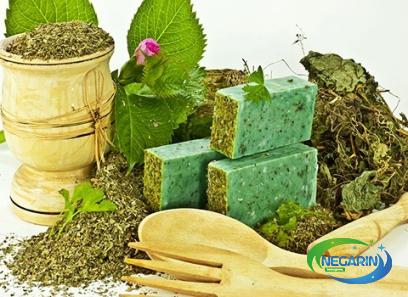
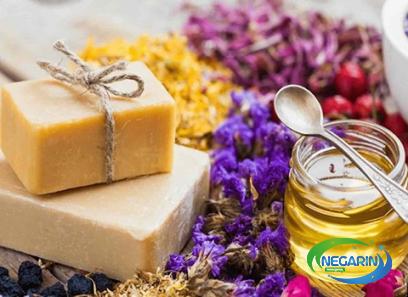
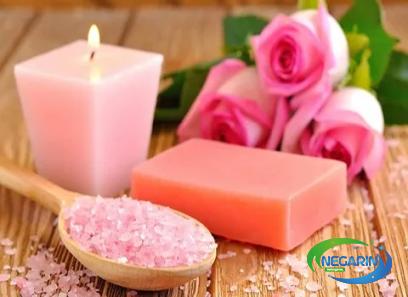
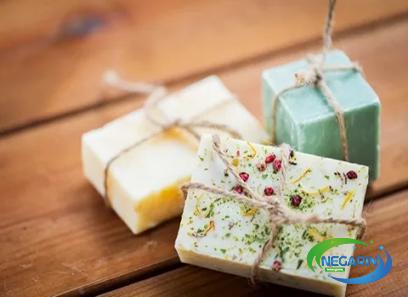
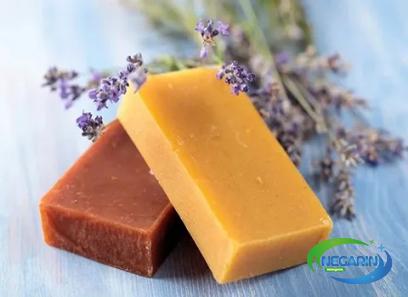
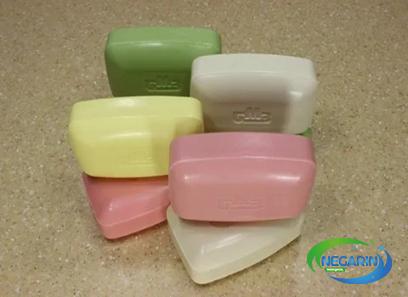
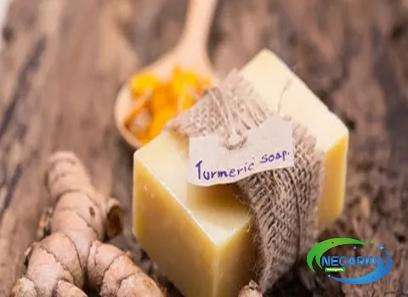
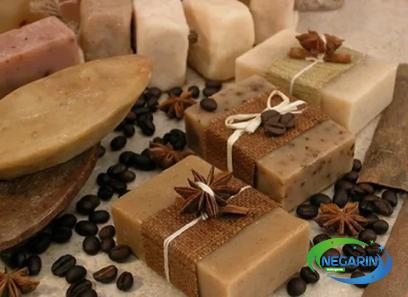
Your comment submitted.